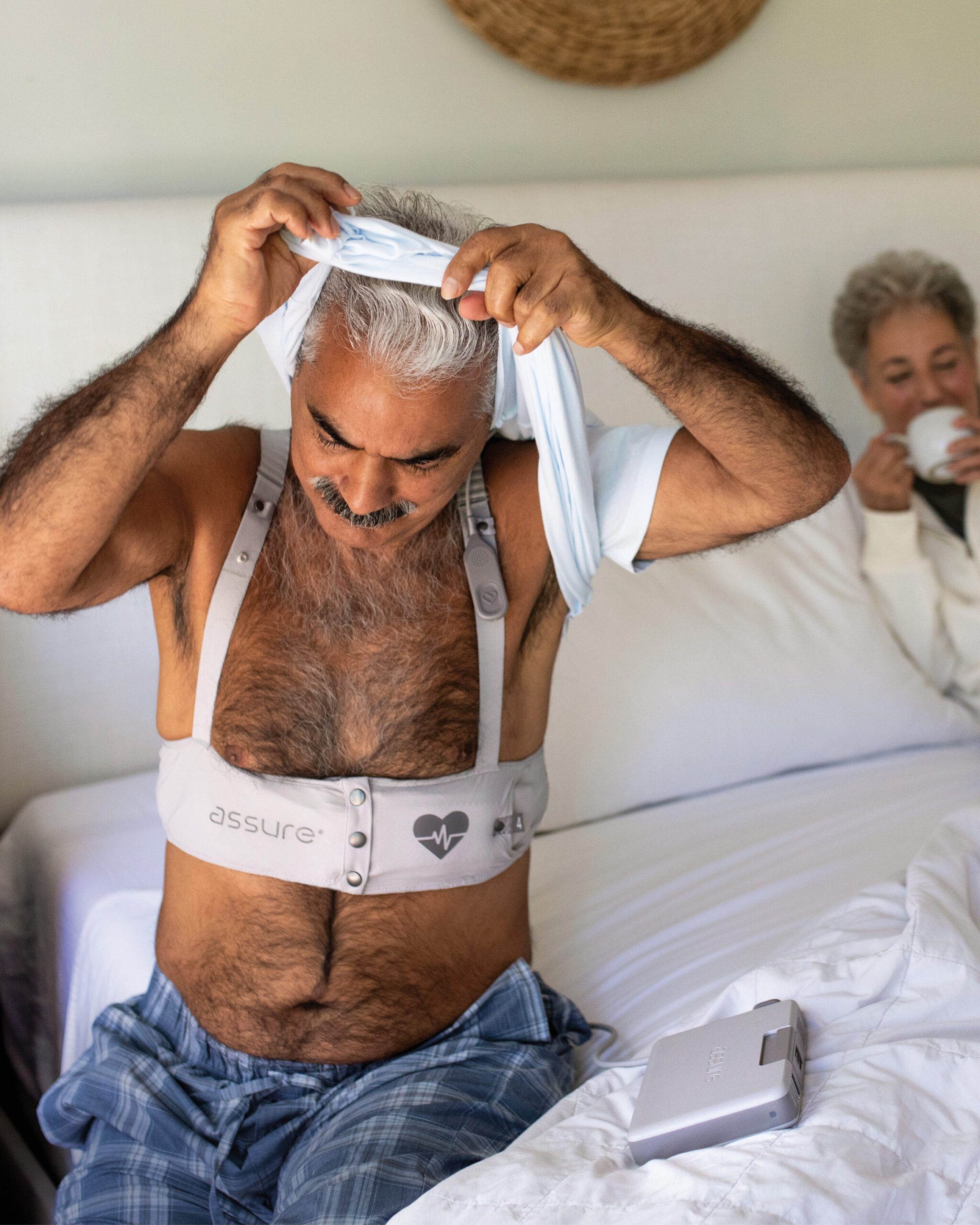ASSURE Wearable Cardioverter Defibrillator (WCD) system is effective at reducing false-positive shock alarms according to results of the ASSURE WCD Clinical Evaluation – Detection and Safety Study (ACE-DETECT, NCT 03887052) published in the Journal of Cardiovascular Electrophysiology.1 The news was reported today by Kestra Medical Technologies.

ASSURE Wearable Cardioverter Defibrillator System provides lifesaving protection for patients at elevated risk of sudden cardiac death (SCD). The ASSURE WCD was designed to enhance comfort, provide actionable insights to healthcare providers, and to increase patient confidence and wear time compliance while protecting them from SCD during a period of elevated risk.
The objective of the ACE-DETECT study was to evaluate the ambulatory detection performance of the ASSURE WCD. The study enrolled 130 adult cardiac patients who wore the WCD for a 30-day assessment period. Significantly lower false‐positive shock alarm rates occurred with the ASSURE WCD (one every 1,333 days) compared with the performance criteria set for the study (one every 3.4 days). In addition, no true ventricular tachycardia (VT) or ventricular fibrillation (VF) events were missed by the ASSURE WCD. The device also demonstrated low patient‐reported discomfort, high wear time compliance, low inappropriate detection rates, and mostly mild adverse events.
“Until now, clinicians have had only one option for WCDs to protect their at-risk patients,” said Brian Webster, CEO. “We are excited to bring a new modern WCD system to the market and are extremely pleased with our clinical results.”
In an invited editorial, Dr. Niraj Varma, MD, PhD, Professor of Medicine at the Cleveland Clinic Lerner College of Medicine and Consultant Cardiologist at the Cleveland Clinic, London, commented about the study results, writing “These results, meeting the prespecified goals of the study, represent a significant advance over contemporary technology and are attributable to improvements in garment structure and sensing algorithm ” adding that patient experience was positive regardless of gender, noting that “Significantly, more than three-quarters of the patients crossing over from the commercially available WCD to the test device expressed greater satisfaction with the novel garment.”
The ASSURE WCD System by Kestra® received Food and Drug Administration premarket approval July 28, 2021 and is protecting cardiac patients in multiple cities across the U.S. as the company continues its product launch and expansion.
Kestra Medical Technologies will exhibit the ASSURE system in the Future Hub (Booth #FH23) at the American College of Cardiology’s 71st Annual Scientific Session & Expo in Washington, D.C. (April 2–4, 2022).
Reference:
1 Poole JE, Gleva MJ, Birgersdotter-Green U, et al. A wearable cardioverter defibrillator with a low false alarm rate. J Cardiovasc Electrohpysiol. 2022;0-0. Doi:10.111/jce.15417
